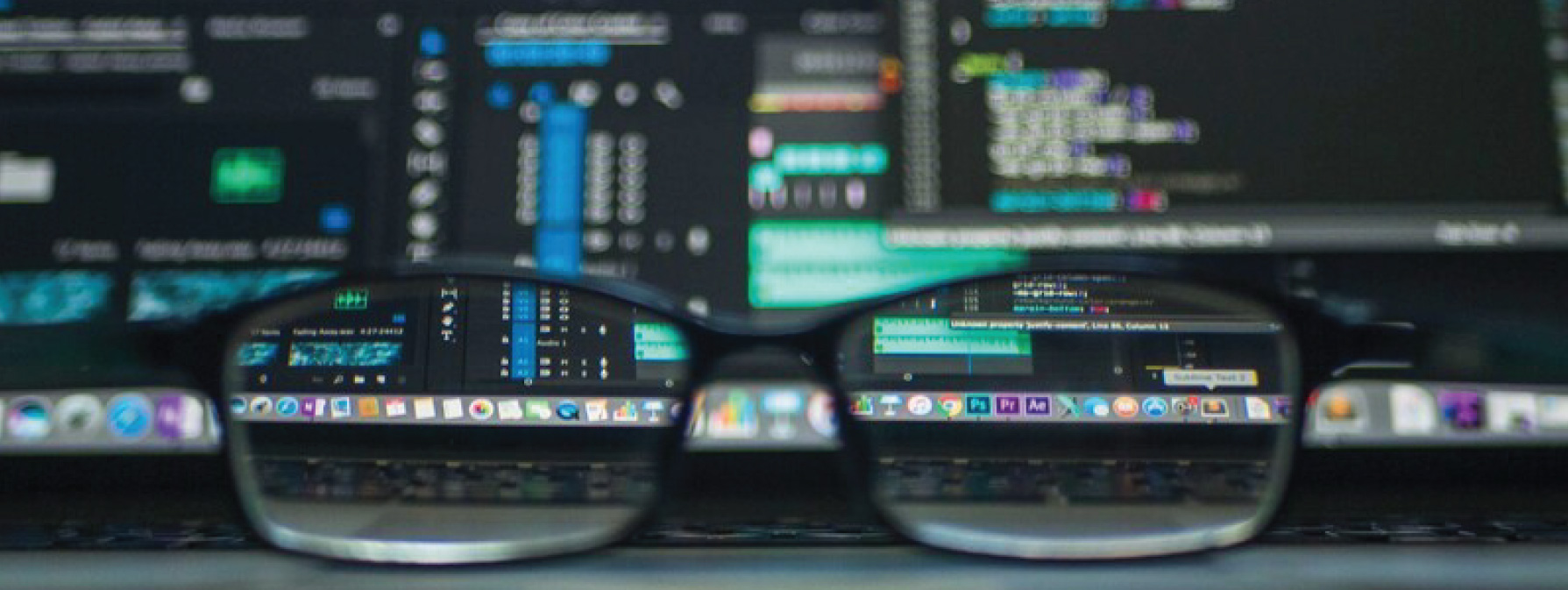For some of us, the last year and a half have been challenging from a career perspective. On top of the day-to-day workload, many have had to adapt to the move to remote working which meant setting up the laptop on the kitchen table, in the spare bedroom or in the garden shed hastily converted into a makeshift office.
Difficulties for new starters
It was a period of experimentation that tested our powers of adaptability as we came to terms with video conferencing and life away from the office. This was a tough challenge for everyone, but particularly for new starters. Anyone moving into a new role during the pandemic would have faced the joys of a virtual induction and working with colleagues that they’ve never met in person.
I speak with the voice of experience, having joined a new business myself during this time. Like all starters, I was confronted with the challenge of learning the ropes without the support of my team around me and making connections with both my customers and colleagues without the benefit of face-to-face exchanges.
But as a business leader, I encountered other challenges too. How could I find the best way to inspire my team and implement change to the organisation in a digital world? It has been a big learning curve for me and one that has been incredibly rewarding.
For me, losing the face-to-face meant learning a number of new skills and adopting different ways to forge relationships. Although being honest, I feel I was better equipped to cope with these challenges than most.
10 years’ experience of remote working
As an international leader, I had effectively made the transition to a remote working model many years before the outbreak of the pandemic. My playbook for remote management and leadership had already been tried and tested over many years of managing vast geographies. Interestingly, the use of video conferencing, while fairly new to some, had been common practice among the teams I’ve managed for the past decade.
I have been fully remote in my new role for close on 15 months now and, while I have only met a handful of people face-to-face in that time, I’d like to think the level of global cooperation has not suffered one bit. I would go as far as to say the relationships I have built during this time have flourished, largely through good, old-fashioned qualities like clear communication, empathy, collaboration and trust building.
But while this side of things has gone well, it would be wrong to suggest it has all been plain sailing. A lack of face time with the team has not been too hard from a business perspective, but what has been difficult is the monotony and lack of human contact and the unseen stress this creates.
Working without human interaction
Emotional energy and a sense of well-being are nourished through personal interaction and, dare I say it, ‘fun’. To me, this has been the single biggest challenge of the prolonged separation from colleagues and clients. If not carefully managed, this can easily lead to ‘burnout’ or other mental health issues.
A tremendous amount of insight can be gained from a meal with a business group, whether that’s market sentiment or team performance or even just simple personal feedback. It is definitely easier to gauge and pick up subtle signals when physically ‘present’ and in a safe environment.
Problems with planning
Planning and being able to execute on complex strategies has also been significantly harder, with particular difficulties corralling teams and building shared vision on new projects. The opening of our office in Manchester would have been considerably easier if we had been able to conduct some of the planning and execution face-to-face. Hiring for the new location also presented challenges with the restrictions that were in place.
Strategic planning was another aspect of work that was affected by the fast-moving pandemic. Decision-making around short-term 3-month objectives has become increasingly challenging as we all need to plan for events 6 months or even a whole year away. The frantic move of people from London, for example, may be short-lived as we start to settle into the new normal. Considerations like that can have major implications for businesses.
The way forward
I’ve found it fascinating following the development of the pandemic through the editorial positions taken by various publications. Opinion has moved from eschewing the merits of working from home to acknowledging how much employees loved the new personal freedoms to the discontent when employers wanted their people to return to the office.
We now find ourselves in a world where there is general acceptance of the hybrid model that is emerging. It certainly works for me. I see this as less of a compromise and more of a best-of-both-worlds scenario, satisfying the need for human interaction and team building while accepting the productivity that homeworking can bring.
Hopefully, as we begin to find a path through the latest wave of the pandemic, we will as a society, begin to find that balance and find room to enjoy the best of both worlds.
Stay safe everyone.

